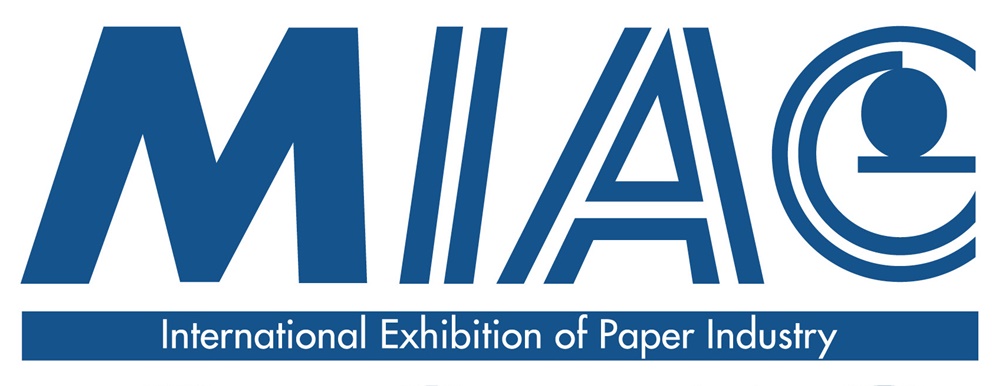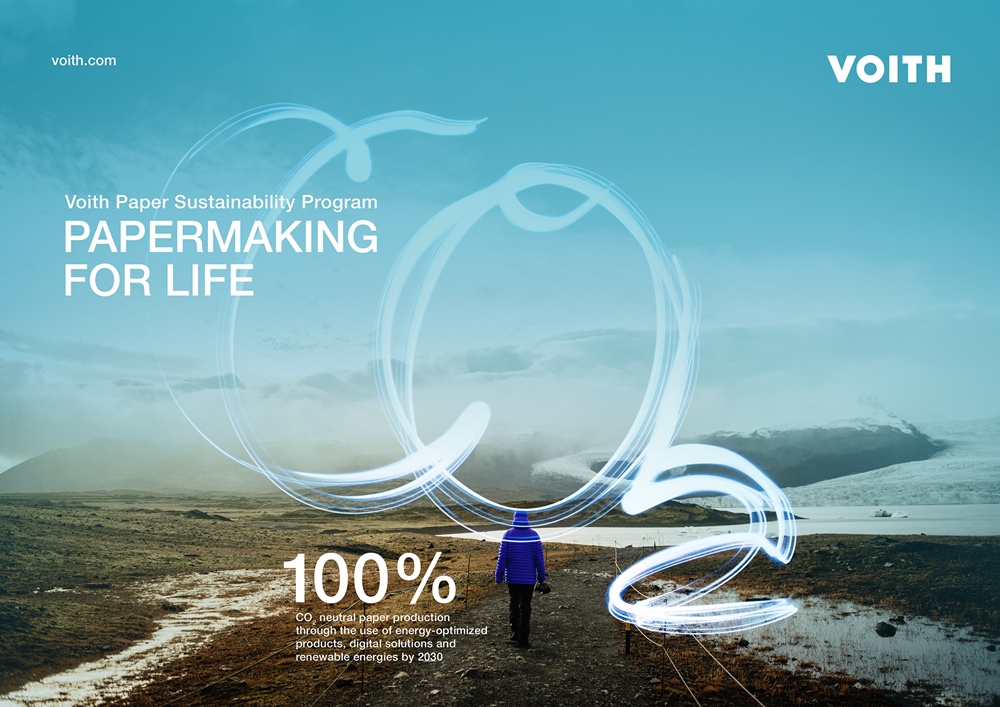NEWS
Energy savings and decarbonization are key topics of Voith's research and development work
At the end of April, Voith unveiled a completely new disruptive concept for paper manufacturing in collaboration with hygiene and healthcare company Essity. This concept enables CO2-neutral paper production as well as fresh water savings of up to 95 percent and energy savings of up to 40 percent. Currently, Voith and Essity are working on a pilot plant in Heidenheim, Germany. In addition to the disruptive concept, Voith is also focusing its research and development on other promising solutions. The leading full-line supplier invests around 100 million euros annually in the development of more efficient and sustainable solutions to drive decarbonization in paper production.
An important field of action for decarbonization is the drying of paper, as this is where the greatest energy consumption occurs. Drying cylinders are typically heated with steam, which is often generated by burning fossil fuels. In order to dispense with the use of fossil fuels, Voith is working intensively on concepts for the electrification of paper drying. In the process, various technologies are evaluated to determine their potential and identify suitable solutions depending on the energy source at the site. This leads to significant reductions in CO2 emissions at the paper mills.
In addition to electrification, heat pumps for heat recovery are included in the development approaches to further improve the sustainability balance. Digital solutions, intelligent control systems and innovations in the area of fabrics and roll covers offer additional efficiency benefits.
Voith is a member of various industry initiatives to drive forward the decarbonization of paper production. One such initiative is the ‘Modellfabrik Papier’, in which companies along the value chain work with research institutes and higher education institutions on pre-competitive basic research.
Dr. Lada Bemert, Vice President New Business and Research at Voith Paper and Deputy Chairwoman of the shareholders’ committee of the Modellfabrik Papier, confirms the positive impact of the initiative: “With the help of completely closed systems, no more unused energy should escape from the process in the future,” explains Bemert. “Building on our research results, our aim is to make the technologies available to industry as quickly as possible. In doing so, we are setting an important course for the future.”







